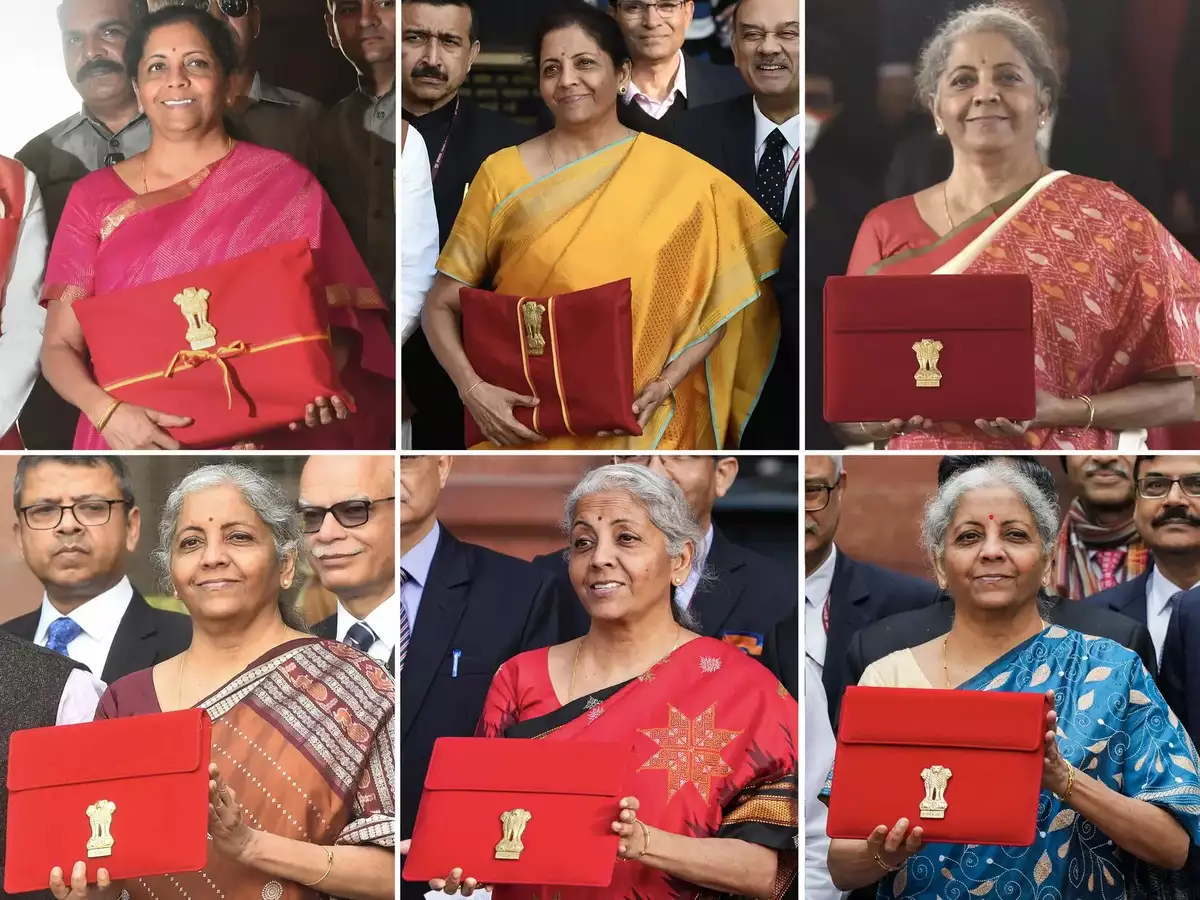Budget 2025: Tax Relief Expectations

As the date for the Union Budget 2025 approaches, taxpayers across India are keenly anticipating potential changes in income tax regulations. Finance Minister Nirmala Sitharaman is set to present the budget on February 1, 2025. Many salaried individuals and middle-class families are looking for relief, particularly under the new income tax regime. This regime, introduced in the financial year 2020-21, has undergone several modifications aimed at making it more favorable for taxpayers. With the new regime now being the default option, the demand for an increase in the standard deduction has gained momentum.
Understanding the New Income Tax Regime
The new income tax regime was designed to simplify the tax structure. It introduced lower tax rates but limited the number of exemptions and deductions available to taxpayers. One of the significant changes in the previous budget was the increase in the standard deduction from Rs 50,000 to Rs 75,000. This deduction is a flat amount that reduces the taxable income of salaried individuals. However, the old income tax regime still maintains the standard deduction at Rs 50,000.
Taxpayers have expressed concerns about the lack of deductions in the new regime. Unlike the old regime, where various exemptions could be claimed, the new regime offers minimal relief. As a result, many taxpayers are advocating for an increase in the standard deduction to make the new regime more appealing. The government’s push for the new regime’s adoption has led to calls for adjustments that would benefit a broader range of taxpayers.
The Case for Increasing Standard Deduction
Tax experts argue that raising the standard deduction is essential for encouraging more taxpayers to opt for the new regime. With rising living costs, many believe that increasing the standard deduction from Rs 75,000 to Rs 1,00,000 would provide much-needed relief. Sundeep Agarwal, a partner at Vialto Partners, emphasizes that this increase would enhance disposable income, stimulate spending, and support economic growth. He believes that a higher standard deduction would benefit all income groups, particularly those in the lower to middle-income brackets.
Kuldip Kumar, a partner at Mainstay Tax Advisors LLP, echoes this sentiment. He points out that professionals and businesspeople can claim actual expenses against their income, while salaried individuals have limited options. This discrepancy raises questions about equitable treatment among different taxpayer categories. Increasing the standard deduction could help level the playing field and provide fairer tax treatment for salaried employees.
Expert Opinions on Tax Reform
Several tax professionals have weighed in on the potential changes to the standard deduction. Sudhakar Sethuraman from Deloitte India suggests that the government could consider implementing a fixed percentage for the standard deduction, similar to the 30% deduction on rental income. This approach would ensure equity across various income levels and simplify the tax process.
Surabhi Marwah, a tax partner at EY India, also supports the idea of increasing the standard deduction. She argues that the absence of significant deductions under the new regime makes a strong case for this change. An increase could lower taxable income and provide substantial relief, especially for individuals in lower to middle-income brackets.
However, experts caution that any increase in the standard deduction under the old tax regime seems unlikely. The government’s focus on promoting the new tax regime suggests that changes may be limited to that framework. As taxpayers await the budget announcement, the call for a higher standard deduction remains a key expectation for many.
Observer Voice is the one stop site for National, International news, Sports, Editor’s Choice, Art/culture contents, Quotes and much more. We also cover historical contents. Historical contents includes World History, Indian History, and what happened today. The website also covers Entertainment across the India and World.

